With the need to cut planet-warming emissions now overwhelmingly recognized by governments and companies the world over, the focus has shifted to how to manage the energy transition and its associated trade-offs and costs — with these debates becoming more acute amid the Russia-Ukraine war and occasional policy pushback at the ballot box.
Partly shaping those discussions is the massive fall in the cost of solutions such as solar and wind power in recent years, with this fundamentally shifting the financial calculations around hitting net-zero emissions and speeding up their deployment.
Just how people, policy and technology are combining around the world to scale up these climate solutions is the subject of “Climate Capitalism: Winning the Global Race to Zero Emissions” by Bloomberg reporter and Zero podcast host Akshat Rathi, with the book’s thesis summed up in the opening line: “It's now cheaper to save the world than destroy it.”
Rathi spoke with The Japan Times about climate optimism, where Japan stands with the energy transition and the challenges of climate journalism. The interview has been edited for brevity and clarity.
I think it's fair to say the tone of the book is somewhat optimistic — that's kind of encapsulated in the opening line. When did that feeling of optimism begin to emerge for you? And how is it balanced against some of the bad news that we still continue to see?
I will say the book is optimistic in its outlook, but it's not written with optimism baked in. My goal is to try and follow the story of where solutions are being built, and if they are being built at all at scale, and what are the challenges that they face? What I ended up with is a more optimistic outlook, because you can see these solutions are being deployed and scaled around the world.
That doesn't detract from your very correct point that not enough progress is being made, that we are in the hottest year, and we're going to hit a new record high in emissions. But to take a single year's data point is to ignore what has been progress. Before the Paris Agreement was signed, we were on track to be warming the planet 4 degrees Celsius, 5 degrees Celsius. Now, we are on track to warm it 3 degrees Celsius — pretty horrible still, but not the hellscape that it was before Paris was signed.
With the title of the book, you might expect it to be an argument about how it is the free market that is going to basically get us out of this climate crisis. But actually, the book is quite critical of some of that sort of free market orthodoxy, and one of the themes that really comes through is just how important government is in setting up the conditions in which these solutions can take off. How big do you see the role of government being and what are the limitations of it in this climate capitalism you envision?
This debate about capitalism and the role of government is as old as capitalism itself. What I'm trying to do with “Climate Capitalism” is to say, well, climate change modifies the way we think about capitalism. And we'll have to change the debate that's been going on in a very fundamental way. So climate change is probably the first big global problem that we have a real plan going out for decades to try and tackle it. Having that plan with those governments agreeing to it gives you room to try and modify capitalism to actually try and tackle this problem.
I recall a Zero podcast that your team did about democracies versus autocracies when it comes to tackling the climate crisis. So is there a better system when it comes to tackling a massive issue like climate change?
What I was trying to track was whether solutions can scale in any political context. And the answer is, yes, whether it's a democracy or dictatorship. But it is also true that most places where they are scaling are not dictatorships, right? China's probably the only one where real change is happening at scale. But because this is a difficult problem to solve and requires political agreement for what would be big, major changes to people's lives and how they operate for the better, but there will be disruption in the middle, you have to bring people along. And dictatorships have the problem of concentrations of power that are very, very easy to corrupt. If capitalism is easy to corrupt, dictatorships are even easier to corrupt.
How would you assess Japan’s action on the climate crisis so far?
I looked hard for places where I could go around the world to try and diversify the places which I'm featuring in the book as places where solutions may be scaling.
I have not been to Japan, I think, for good reason, because I couldn't find a scaled-up climate solution that Japan is taking forward. It kind of was there with the lithium ion battery development in the 90s, and then it's kind of gone. There's electric cars, which appear to be the future now, and Japan took a wrong turn that’s not really paying off, which is hydrogen, or really just doubling down on fossil fuel combustion engines, which Toyota famously did for a very long time. And now apart from this, there isn't really a Japanese automaker that's on the scene for electric cars. And there's a big fight happening in Thailand over how Chinese automakers are just taking over Japan's playground.
Japan — at least during the 70s, 80s, 90s — was the place where you would go to look at what would be the future of technology and where the future takes shape. And by the time I started writing the book, that's not the place I thought of Japan as, or anybody thought of it as. And Japan has real big constraints, right? It doesn't have very much land, it doesn't have a big, long continental shelf from which you can build sea tide or offshore wind with bases on the floor, and so there are some real clear problems for Japan from a renewable energy perspective.
Japan was a leader in nuclear and then Fukushima happened, and it's really struggled. And Japan had the Group of Seven presidency, and it really did not do much ambitious stuff on climate. So Japan is not seen as the sort of place where you will see and find climate solutions, and that's a shame, because when Japan decides to do something, it can really make a difference.
The one place where I mention Japan in the book is when I talk about the liquefied natural gas boom that Japan kind of created — it needed gas, and it went out of its way to figure out how it was going to be able to ship gas. And Japan could try and do that for floating offshore wind, for example.
I think it's fair to say there's a lot of frustration about COP and the outcomes there. Do you think it's working? Is it taking the right approach? Is it focusing on the right things? Is it helping to scale up these solutions that you talked about?
So COPs are necessary, but not sufficient.
Christiana Figueres, who was the head of the UNFCCC (United Nations Framework Convention on Climate Change, which organizes the climate conferences), said COPs were created 30 years ago with one very clear goal, which was to come up with a negotiated, legally binding agreement on trying to reduce greenhouse gas emissions. And finally in Paris it achieved that. It has not really been set up for what to do after that — it's not the body meant for implementing the policies; it's a global negotiating party. The implementation happens at a national level.
That is not to say COPs don't have a place anymore. There are many other negotiated outcomes that are needed. And there is some movement toward trying to make them places to be more about effective implementation of the policies or at least places where countries can learn and swap lessons.
It has been quite a tough year for the wind power sector, there's rising prices and all these other kinds of issues. Do you think there are any lessons from this for the kind of climate capitalism that you envisage?
Yes, 100%. Wind has been a very good example of how you cannot just rely on technology trends or market forces — solar has become cheap, so we'll keep deploying solar, we don't have to think about it, let's move on — because you are going to get what's happening with things like wind power everywhere.
The real issues are not technology issues, they are finance and regulations, and permitting and supply chains, which are all very important for deployment. And they all contribute in different ways in different places. And so governments need to be agile, right? If climate capitalism is about governments having a plan, they also need to be able to execute on their plan through learning from the problems they face as that plan unfolds. And so wind is a very good example of where the bottlenecks have proven to be many more and much harder to overcome than in other cases.
We are starting to see a turn around, by the way, and countries like the U.K. and also the European Union in general are trying to figure out what are the bottlenecks that they need to solve.
So it is a good example of what climate capitalism can do and where the limits are, which is governments can direct clean energy deployment, but if they are keen on making sure those targets are met, then they also have to learn from where it's not working.
How do you feel that climate journalism has evolved in recent years?
I think my seven years, eight years covering climate has been just sort of one direction, which is it's just grown as a topic of interest within newsrooms, as a topic of interest among readers.
When it comes to climate as a news topic, there have been some basic, fundamental flaws in journalism that have stopped it from being covered as widely as it should have been, which is: Editors would ask, “What's the news? We know climate change is real. What else?”
It felt like climate scientists and climate journalists were a broken record about “we’re going in the wrong direction, there's not even enough being done.” And I think that's changed since the Paris Agreement.
Where do you see it going from now? What role does the media need to play?
The biggest gap in coverage that I see is in developing countries. These are places where climate impacts are pretty bad and will get worse, and will be the places which will be hurt the most but also have the least capacity to deal with the problem. And there isn't much dedication to climate journalism there; there's just not enough dedication to journalism period.
The other thing I would say is these other places are also where business opportunities are coming knocking on their doors. This is where capital is going to flow. This is where businesses will shift and make money and settle. Even if you don't care about the people problem, if you just care about the money side of the equation, I think developing countries need to look and realize that those solutions are at their door and they must invest in good journalism to make sure that that these new industries are actually good for the economy and good for the planet.



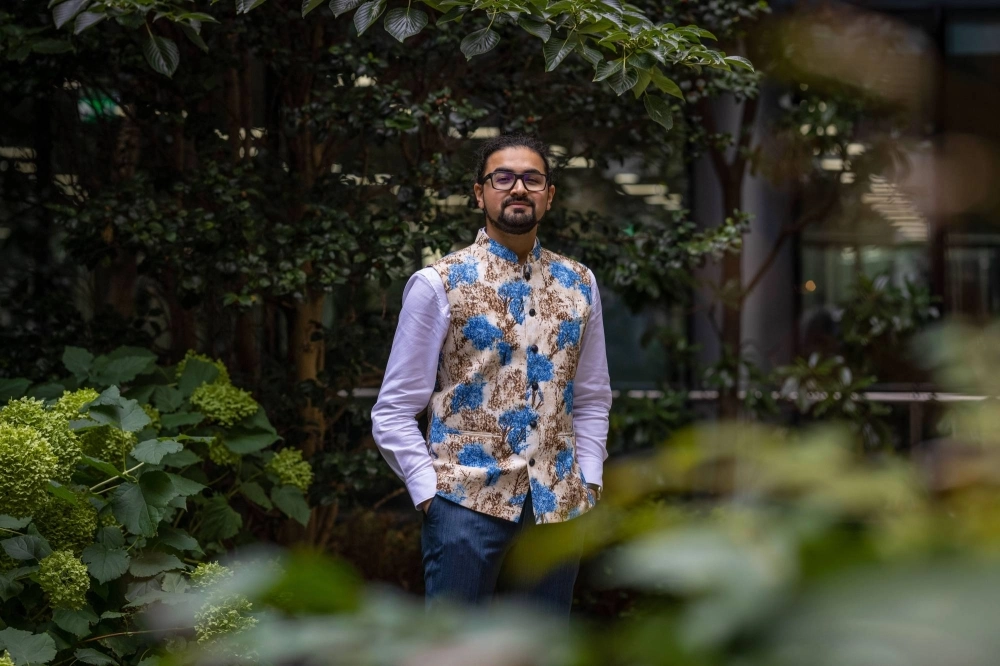
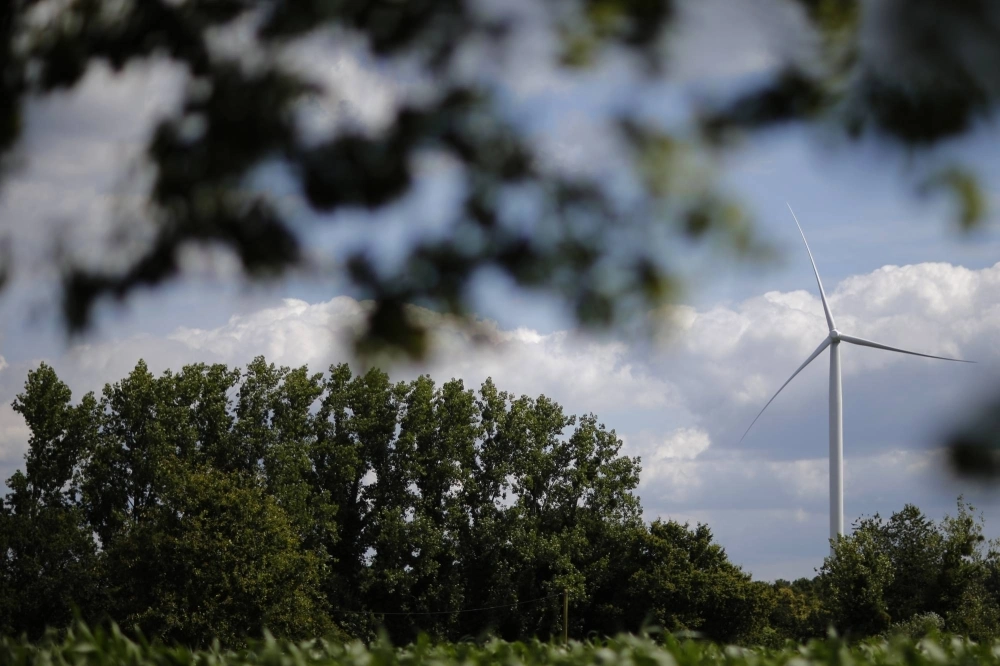
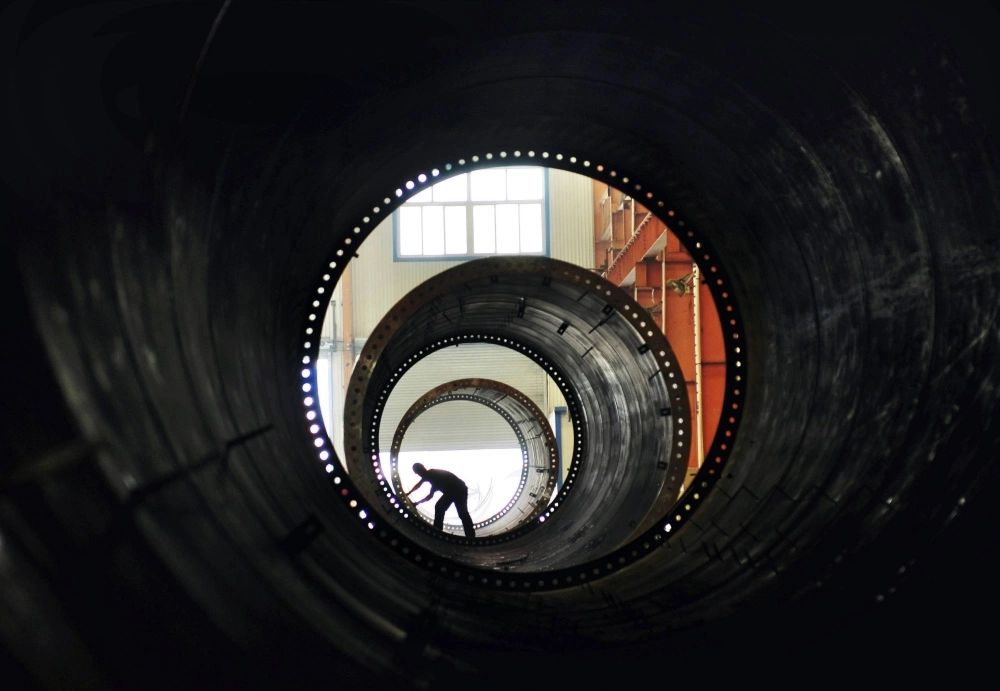
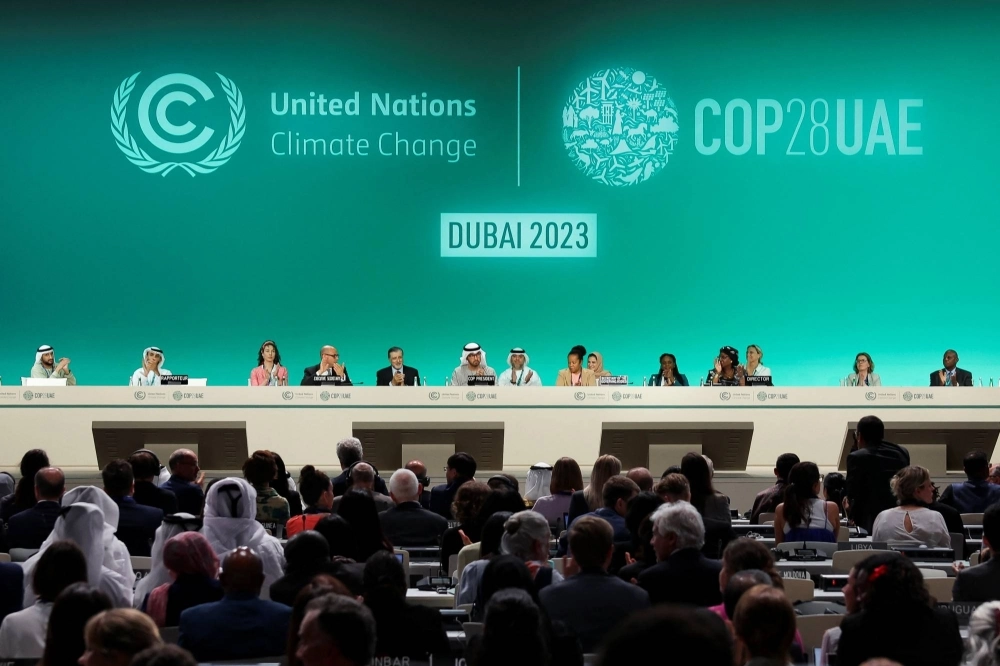
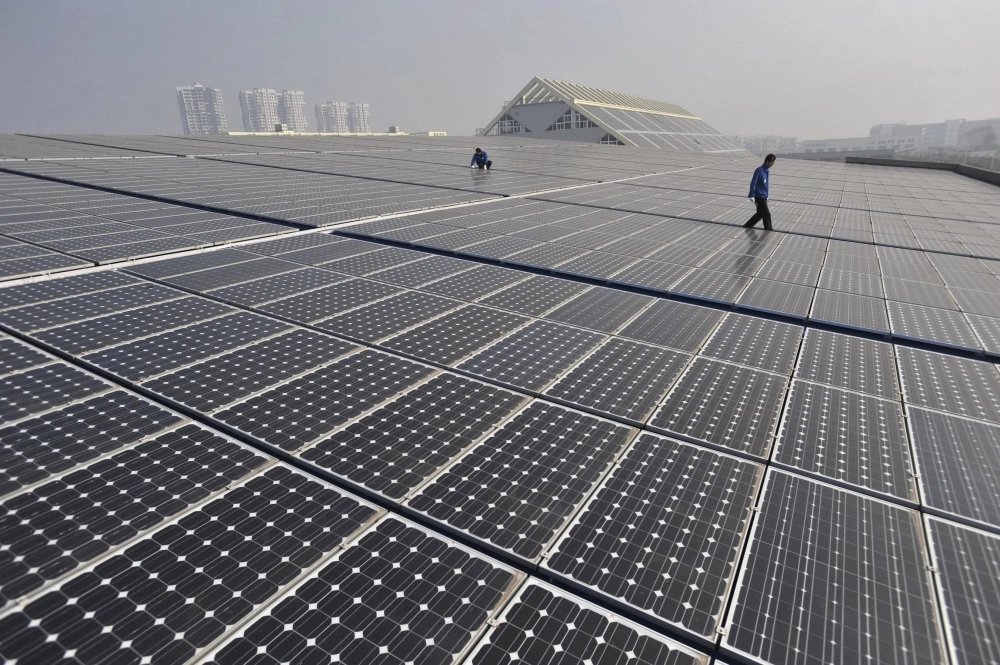




















With your current subscription plan you can comment on stories. However, before writing your first comment, please create a display name in the Profile section of your subscriber account page.